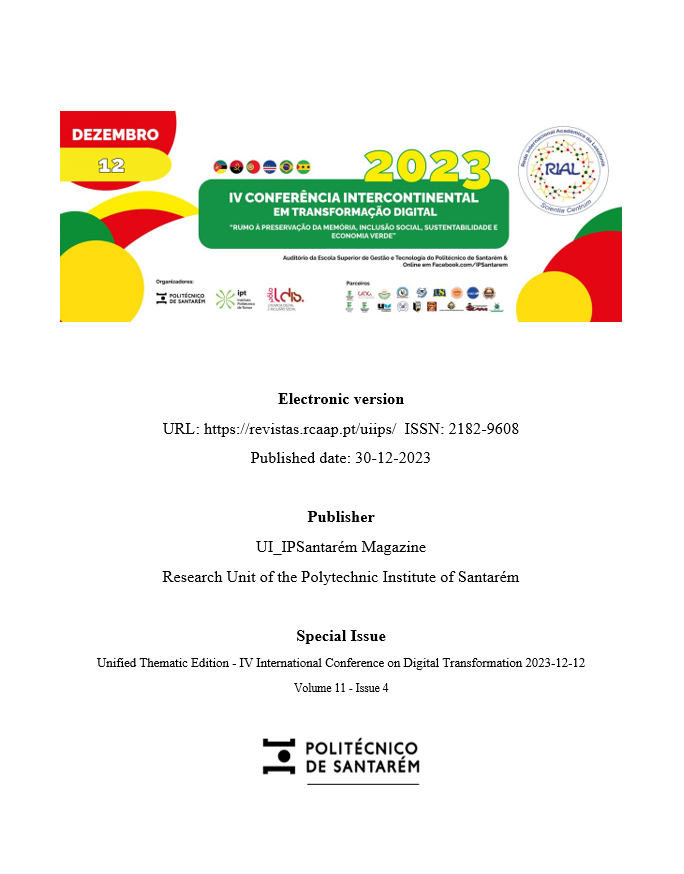Perceptions of school managers on the implementation of quality standards and indicators and their impact on the development of educational institutions
DOI:
https://doi.org/10.25746/ruiips.v11.i4.35992Keywords:
Managers, Standard, indicator, quality, schoolsAbstract
School management plays a fundamental role in the development and improvement of educational institutions, being crucial in ensuring an environment conducive to student learning and growth. In the contemporary context, the implementation of quality standards and indicators (PIQ) has become a widespread practice, improving educational processes and raising the level of excellence in educational institutions. This research explores the perceptions of school managers at General Secondary School of Chinhamapere in the year 2023 in relation to the implementation of quality standards and indicators and their impact on the development of this educational institution. For the research, the case study method and the content analysis technique were used. The main results of the research show that the effectiveness of PIQ depends, to a large extent, on the understanding and engagement of school managers, who play a central role in the conduct and execution of educational policies. As we stated, most investors confirm the importance of quality standards in improving education, but face challenges in implementing them due to financial constraints and lack of resources. We saw that managers who integrated quality standards into their management practices noticed significant improvements in institutional performance and school community satisfaction.
Downloads
Published
How to Cite
Issue
Section
License
Copyright (c) 2024 Tomás Da Silva Fernando Bonda , Moisés Luís

This work is licensed under a Creative Commons Attribution-NonCommercial-NoDerivatives 4.0 International License.
Authors publishing in this journal agree to the following terms:
Authors retain copyright and grant the journal the right of first publication, with the article simultaneously licensed under the Creative Commons Attribution License that allows sharing of the work with acknowledgement of authorship and initial publication in this journal.
Authors are permitted to enter into additional contracts separately for non-exclusive distribution of the version of the article published in this journal (e.g., publish in an institutional repository or as a book chapter), with acknowledgment of authorship and initial publication in this journal.
Authors have permission and are encouraged to publish and distribute their work online (e.g., in institutional repositories or on their personal webpage) at any point before or during the editorial process, as this may generate productive changes, as well as increase the impact and citation of the published work.



